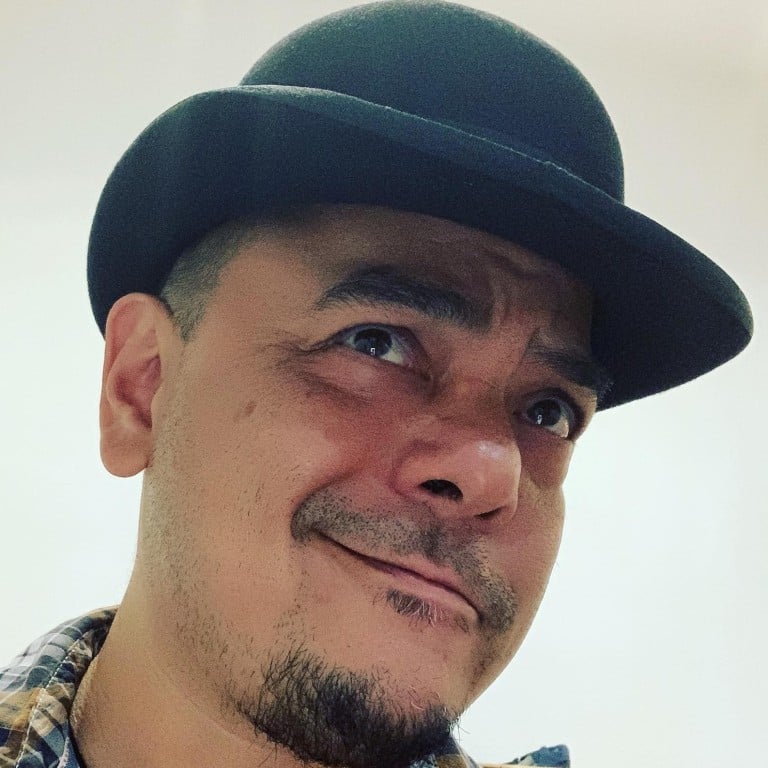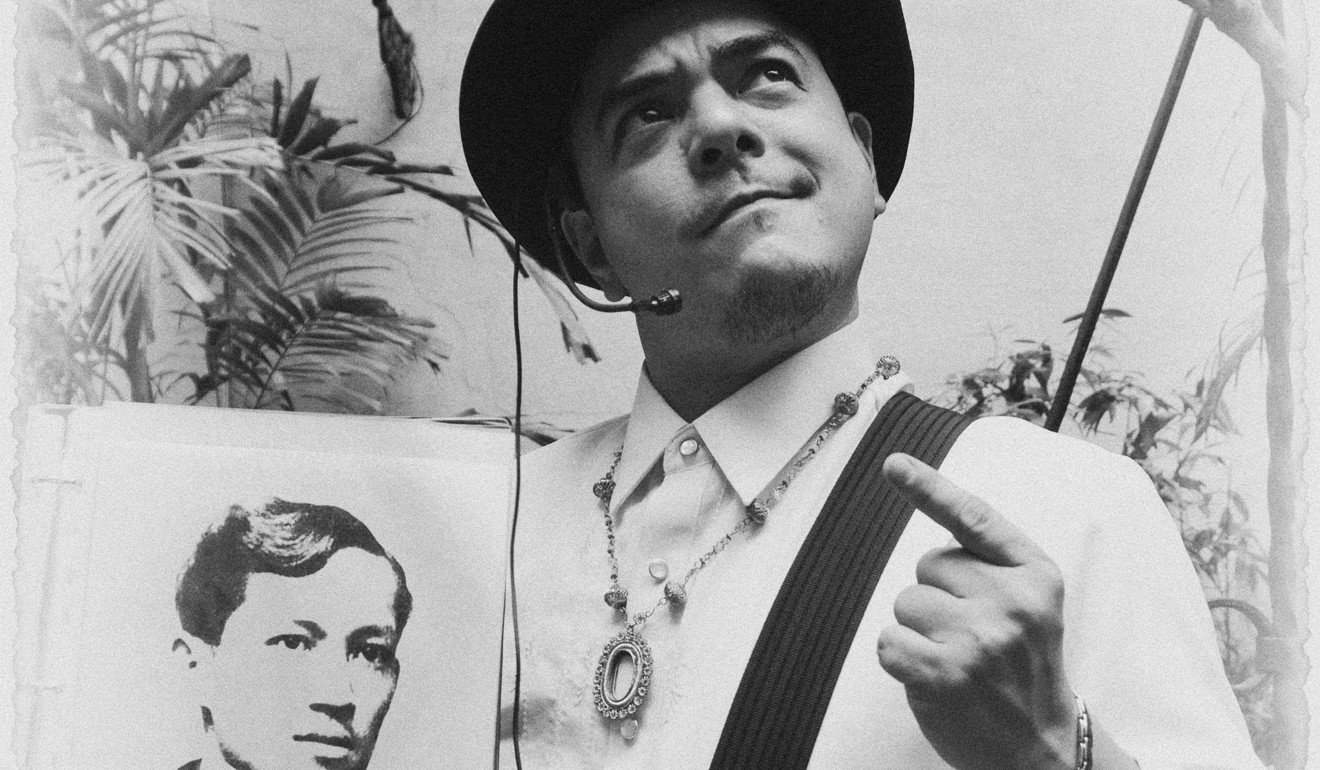
Filipino artist Carlos Celdran, convicted of blasphemy against the Catholic Church, dies aged 46
- Celdran staged a protest in Manila Cathedral after the church opposed a law allowing Filipinos access to family planning education and contraceptives
- He went into self-exile after his appeal against his conviction was turned down by the Supreme Court in 2018
It was the name of a rapacious and libidinous Spanish friar in a novel written in 1887 by Philippine national hero Jose Rizal. Celdran, wearing a costume popularly associated with Rizal, demanded the church refrain from interfering in politics.
Before that, Celdran had been lobbying in support of a reproductive health law allowing Filipinos access to family planning education and contraceptives. The law was and remains bitterly opposed by the country’s conservative Catholic hierarchy.
Church officials were not amused by Celdran’s stunt. He spent the night in a Manila jail cell and was charged with violating the obscure Article 133 of the Revised Penal Code.
A relic from the days when the Philippines was a Spanish colony run like a theocracy by the Catholic Church, the law punishes “anyone who, in a place devoted to religious worship or during the celebration of any religious ceremony, shall perform acts notoriously offensive to the feelings of the faithful”.
According to criminal law professor Barry Gutierrez, the law was last invoked when the Philippines was still a US colony – it became an independent republic in 1946.
In one case a man was convicted for holding a burial ceremony for a non-Catholic inside a Catholic cemetery. In another, a man was convicted for engaging a church minister in debate during a religious ceremony. That conviction was reversed.
In 2013, a Manila court convicted Celdran, sentencing him to jail for a minimum of two months and a maximum of one year. One angry Catholic official, Father Oscar Alunday, said Celdran’s act was “insulting, aggrieving and an intrusion of the holy liturgical worship”.
“It was the kind of court decision that – for some – could only please Padre Damaso,” the Philippine Daily Inquirer reported.

Celdran appealed the conviction but in 2018 the Supreme Court upheld the decision. He fled the country before a warrant could be served.
“The idea was he’d leave before he got his warrant of arrest because if you get your warrant of arrest and you leave, you’ll be a fugitive,” his cousin Anita said.
“He was very reluctant because he felt his life was more meaningful here [in the Philippines]. But his father said: ‘I don’t want to see you behind bars.’
“He was supposed to leave right after Christmas [2018] but then we found out he was just hanging out in Hong Kong, and he even came back [to Manila] a few days then he finally left.”
As Duterte’s drugs war rages on, nation’s children pay the price
He ended up in Madrid because his grandfather was from Spain, although Celdran did not speak Spanish.
His exile mirrored the experience of Philippine artists and intellectuals in the late 19th century who wanted to see Spain’s colonial rule of the Philippines either reformed or removed, leading them to settle in various parts of Spain.
One of them, journalist and lawyer Marcelo Del Pilar, fled Manila hastily because his satirical attacks on the church resulted in an order for his arrest for subversion.
In Madrid, he created a walking tour, in English and catering to visiting Filipinos, retracing the life of Jose Rizal when he lived in the city.

